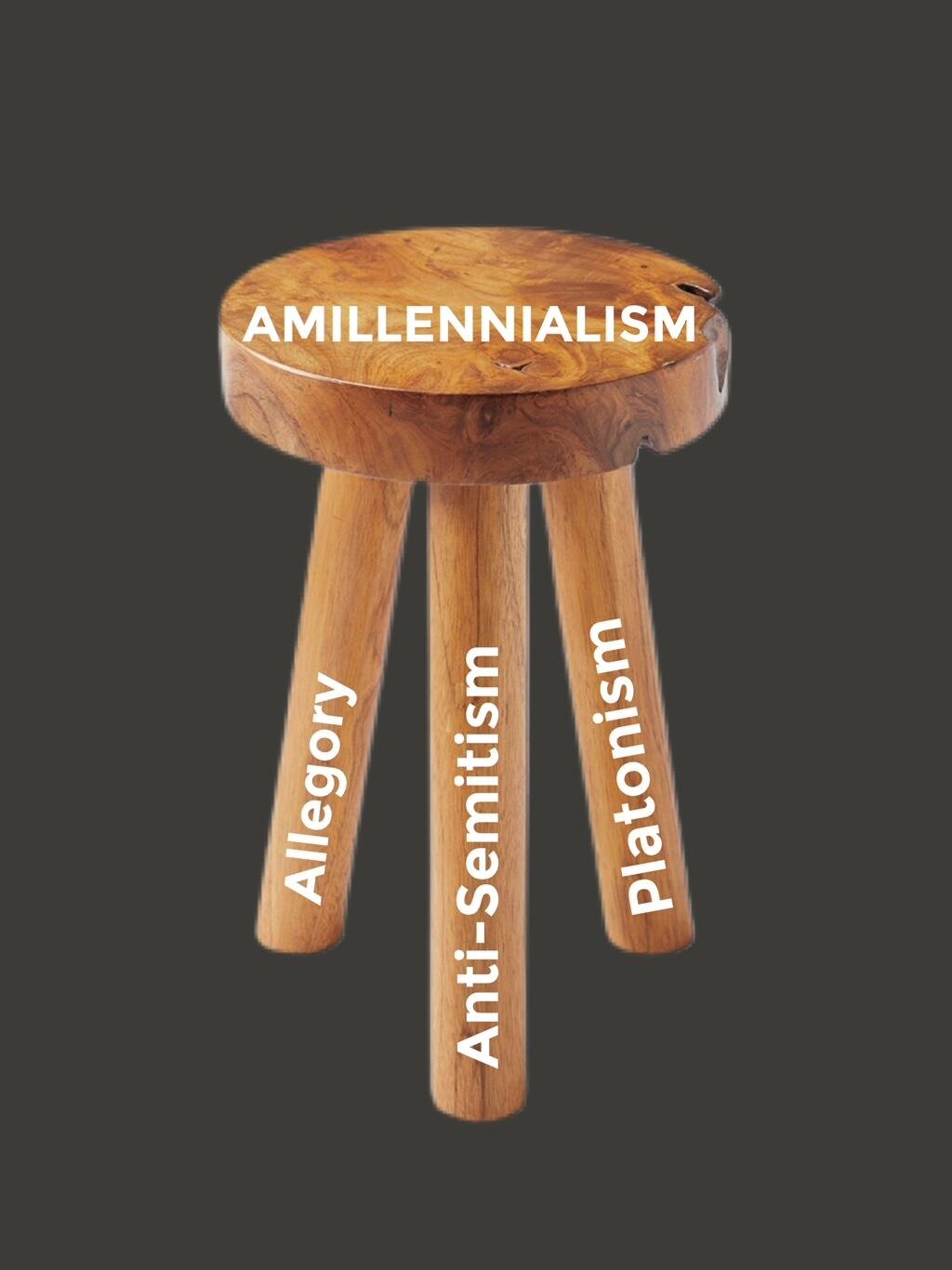The prosperity preachers today take the promises given to Israel and apply them to the church.
This is a promise given to Israel:
“In that day
“I will restore David’s fallen shelter—
I will repair its broken walls
and restore its ruins—
and will rebuild it as it used to be,
so that they may possess the remnant of Edom
and all the nations that bear my name,”
declares the Lord, who will do these things. (Amos 9:11-12)
Scripture applies it to the church:
"Simon has described to us how God first intervened to choose a people for his name from the Gentiles. The words of the prophets are in agreement with this, as it is written:
“‘After this I will return
and rebuild David’s fallen tent.
Its ruins I will rebuild,
and I will restore it,
that the rest of mankind may seek the Lord,
even all the Gentiles who bear my name,
says the Lord, who does these things’—
things known from long ago." (Acts 15:14-18)
Jeremiah makes a promise to Israel:
“The days are coming,” declares the Lord,
“when I will make a new covenant
with the people of Israel
and with the people of Judah.
It will not be like the covenant
I made with their ancestors
when I took them by the hand
to lead them out of Egypt,
because they broke my covenant,
though I was a husband to them,”
declares the Lord.
“This is the covenant I will make with the people of Israel
after that time,” declares the Lord.
“I will put my law in their minds
and write it on their hearts.
I will be their God,
and they will be my people.
No longer will they teach their neighbor,
or say to one another, ‘Know the Lord,’
because they will all know me,
from the least of them to the greatest,”
declares the Lord.
“For I will forgive their wickedness
and will remember their sins no more.” (Jer. 31:31-34)
which the author of Hebrews applies to the church:
the ministry Jesus has received is as superior to theirs as the covenant of which he is mediator is superior to the old one, since the new covenant is established on better promises.
For if there had been nothing wrong with that first covenant, no place would have been sought for another. But God found fault with the people and said:
“The days are coming, declares the Lord,
when I will make a new covenant
with the people of Israel
and with the people of Judah.
It will not be like the covenant
I made with their ancestors
when I took them by the hand
to lead them out of Egypt,
because they did not remain faithful to my covenant,
and I turned away from them,
declares the Lord.
This is the covenant I will establish with the people of Israel
after that time, declares the Lord.
I will put my laws in their minds
and write them on their hearts.
I will be their God,
and they will be my people.
No longer will they teach their neighbor,
or say to one another, ‘Know the Lord,’
because they will all know me,
from the least of them to the greatest.
For I will forgive their wickedness
and will remember their sins no more.”
By calling this covenant “new,” he has made the first one obsolete; and what is obsolete and outdated will soon disappear. (Heb. 8:6-13)
Hosea makes a promise to Israel:
I will show my love to the one I called ‘Not my loved one.’
I will say to those called ‘Not my people,’ ‘You are my people’. (Hos. 2:23)
Paul says it applies to the church:
even us, whom he also called, not only from the Jews but also from the Gentiles? As he says in Hosea:
“I will call them ‘my people’ who are not my people;
and I will call her ‘my loved one’ who is not my loved one.” (Rom. 9:24-25)
Isaiah made this promise to Israel:
This is what the Lord says:
“In the time of my favor I will answer you,
and in the day of salvation I will help you." (Isa. 49:8)
Paul says it applies to the church:
As God’s co-workers we urge you not to receive God’s grace in vain. For he says,
“In the time of my favor I heard you,
and in the day of salvation I helped you.”
I tell you, now is the time of God’s favor, now is the day of salvation. (2 Cor. 6:1-2)
There are many others, too, that are less direct. More broadly speaking, it's the very thesis of Paul's letter to the Galatians that God accepts Gentiles as well as Jews because, as followers of Christ, they are the true heirs of the Abrahamic promises. The thesis of the letter to the Hebrews is that the types of the Old Covenant find their fulfillment in Christ, the High Priest of the New Covenant, which is the church.
It's got nothing to do with "prosperity preachers." That's just dishonest misdirection and guilt by association. The promises of the Old Testament find their fulfillment in the New. That's basic Christian theology.


